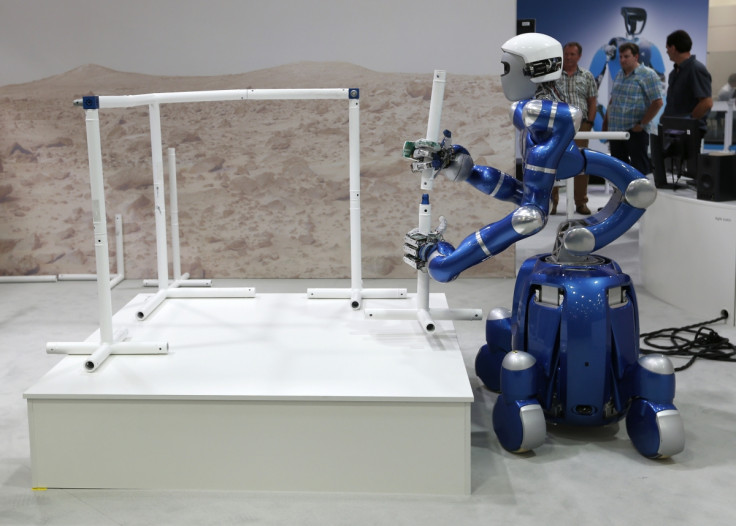Robots Will Create 'Permanently Unemployable Underclass'

The advancement of robots that can do our jobs for us will create a class-divide not seen since the 19<sup>th century, a report by the Pew Research Centre in America has found.
As machines have continued to displace factory workers, personal assistants and receptionists over the last decade, advanced countries must adapt their education systems to turn average students into exceptional ones who can outperform a robot, sociologists told Pew.
"The jobs that robots will leave for humans will be those that require thought and knowledge," Howard Rheingold, an internet sociologist, told think tank Pew.
"Education systems in the US and much of the rest of the world are still sitting students in rows and columns, teaching them to keep quiet and memorise what is told to them, preparing for life in a 20<sup>th century factory."
We're going to have to come to grips with a long-term unemployment crisis and the fact that – strictly from an economic point of view, not a moral point of view – there are more 'surplus humans'
The report is based on interviews with 2,551 professionals, including journalists, CEOs and university professors, to ask whether a world in which robots do our menial tasks for us will be one filled with 'utopian leisure' or one we should fear.
Roughly half of respondents thought that although machines will displace many more jobs in the coming decade, this will lead to a 'golden age' in which the meaning of 'work' is redefined as people find themselves with much more free time.
For example: "How unhappy are you that your dishwasher has replaced washing dishes by hand, your washing machine has displaced washing clothes by hand or your vacuum cleaner has replaced hand cleaning?" asks Hal Varian, chief economist at Google in response to Pew's investigation.
But the other half voiced concerns that once jobs disappear, new ones will not surface to take their place, particularly for unskilled workers which, some say, could result in a future of widespread unemployment, deep inequality and violent uprisings.
"We're going to have to come to grips with a long-term unemployment crisis and the fact that – strictly from an economic point of view, not a moral point of view – there are more 'surplus humans'," said Karl Fogel, a partner at Open Tech Strategies.
If the education system does not produce more technologically savvy and creative high achievers as the norm, then the rise of robot workers is "certain to lead to an increase in income inequality, a continued hollowing out of the middle class, and even riots, social unrest, and/or the creation of a permanent, unemployable 'underclass'," the Pew Research Centre report concludes.
© Copyright IBTimes 2025. All rights reserved.





















